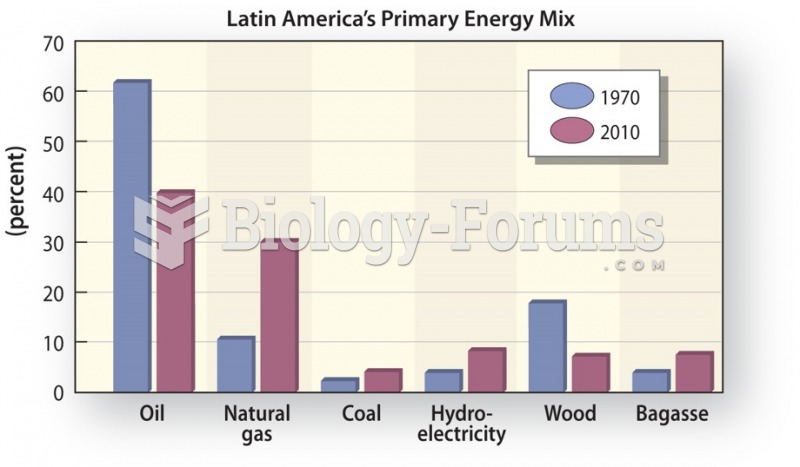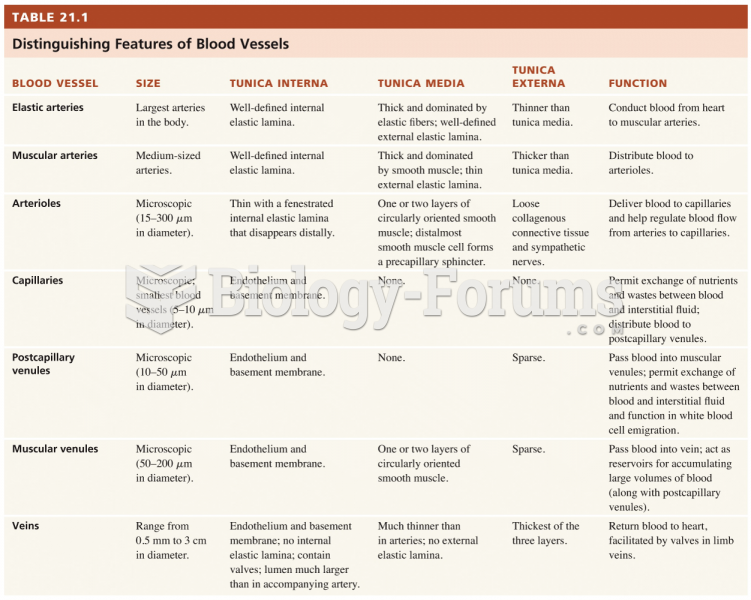Answer to Question 1
A
Answer to Question 2
Equity is part ownership of a company in which the equity holder participates with other part owners in the company's financial gains and losses. Equity normally takes the form of stockshares of ownership in a company's assets that give shareholders (stockholders) a claim on the company's future cash flows. Shareholders may be rewarded with dividends payments made out of surplus fundsor by increases in the value of their shares. Of course, they may also suffer losses due to poor company performanceand thus decreases in the value of their shares. Dividend payments are not guaranteed but are determined by the company's board of directors and based on financial performance. In capital markets, shareholders can sell one company's stock for that of another or liquidate themexchange them for cash. Liquidity, which is a feature of both debt and equity markets, refers to the ease with which bondholders and shareholders may convert their investments into cash.
Four factors are responsible for much of the past growth in the international equity market.
1. Spread of Privatization-As many countries abandoned central planning and socialist-style economics, the pace of privatization accelerated worldwide. A single privatization often places billions of dollars of new equity on stock markets.
2. Economic Growth in Emerging Markets-Continued economic growth in emerging markets is contributing to growth in the international equity market. Companies based in these economies require greater investment as they succeed and grow. The international equity market becomes a major source of funding because only a limited supply of funds is available in these nations.
3. Activity of Investment Banks-Global banks facilitate the sale of a company's stock worldwide by bringing together sellers and large potential buyers. Increasingly, investment banks are searching for investors outside the national market in which a company is headquartered. In fact, this method of raising funds is becoming more common than listing a company's shares on another country's stock exchange.
4. Advent of Cybermarkets-The automation of stock exchanges is encouraging growth in the international equity market. The term cybermarkets denotes stock markets that have no central geographic locations. Rather, they consist of global trading activities conducted on the Internet. Cybermarkets (consisting of supercomputers, high-speed data lines, satellite uplinks, and individual personal computers) match buyers and sellers in nanoseconds. They allow companies to list their stocks worldwide through an electronic medium in which trading takes place 24 hours a day.







